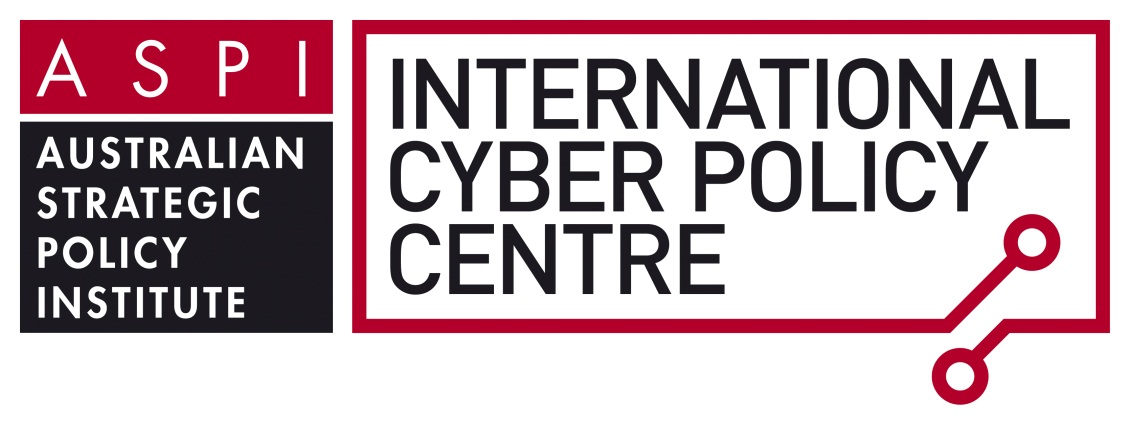 Netizens are in an uproar as a DC Federal Court has come down against the Federal Communications Commission’s (FCC) net neutrality rules. Verizon, the lead plaintiff in the case, petitioned for its right to ‘manage’ its infrastructure, potentially offering fast access ‘express lanes’ for a premium or charging high bandwidth services such as Youtube or Netflix fees for access. With the FCC stripped of its Open Internet rules, many advocates worry that business interest will run roughshod over the common citizen, with fees stifling innovation and big business essentially dictating content. However there’s also some optimism as the court has left plenty of room for the FCC to shift the Internet from an information service into the regulated telecommunications world.
Netizens are in an uproar as a DC Federal Court has come down against the Federal Communications Commission’s (FCC) net neutrality rules. Verizon, the lead plaintiff in the case, petitioned for its right to ‘manage’ its infrastructure, potentially offering fast access ‘express lanes’ for a premium or charging high bandwidth services such as Youtube or Netflix fees for access. With the FCC stripped of its Open Internet rules, many advocates worry that business interest will run roughshod over the common citizen, with fees stifling innovation and big business essentially dictating content. However there’s also some optimism as the court has left plenty of room for the FCC to shift the Internet from an information service into the regulated telecommunications world.
On the other hand, the MIT Technology Review turns net neutrality upside down when looking at the issue from the perspective of emerging economies. With Internet accessibility limited, concerns over cost trump the ideals of net neutrality and free services like FacebookZero and Google Free Zone are largely the tools of choice. As these ‘seeker’ countries strive to improve ICT, they also face a growing rate of malware and other security threats. But there’s hope as Microsoft Security has found a tipping point in cyber maturity, where developments in ICT cease to incubate cyber malfeasance and malware rates begin to drop.
Also in the news, a speech by President Obama addressing a bit of controversy surrounding certain clandestine activities by the National Security Agency. The speech and its paired Presidential Directive (PDF) offer a slew of reforms looking to assuage domestic and international outrage surrounding the NSA’s surveillance activities. With added levels of review, possible 3rd party data holding, and other measures, President Obama has offered some level of reform. However, the underlying message remains that these activities are necessary for national security.
Jumping from $114 million in 2010 to $212 million for 2013, the NSA’s (conjoined) sister organisation CYBERCOM has a sky rocketing budget, however the US government’s efforts in critical infrastructure cybersecurity has been flailing. Cyber experts are calling the decade following 9/11 a ‘lost decade‘, criticising talk from industry organisations and the White House as lacking the backing of substantive action. There may be a glimmer on the horizon as Congress, on a hiatus from passing major cyber policy since 2002, might just sign off on HR 3696, which passed committee last Wednesday.
With Australia ranking 8th in Asia for advanced persistent threats or targeted attacks, and the looming threat from malicious refrigerators, perhaps Australia should look to shake off the cobwebs from its own Cyber White Paper. But to close out our wrap on a happier note and to help you through the rest of the week, a few tunes on cybersecurity and cyberwar courtesy of P.W. Singer.
Klee Aiken is an analyst in ASPI’s International Cyber Policy Centre.

